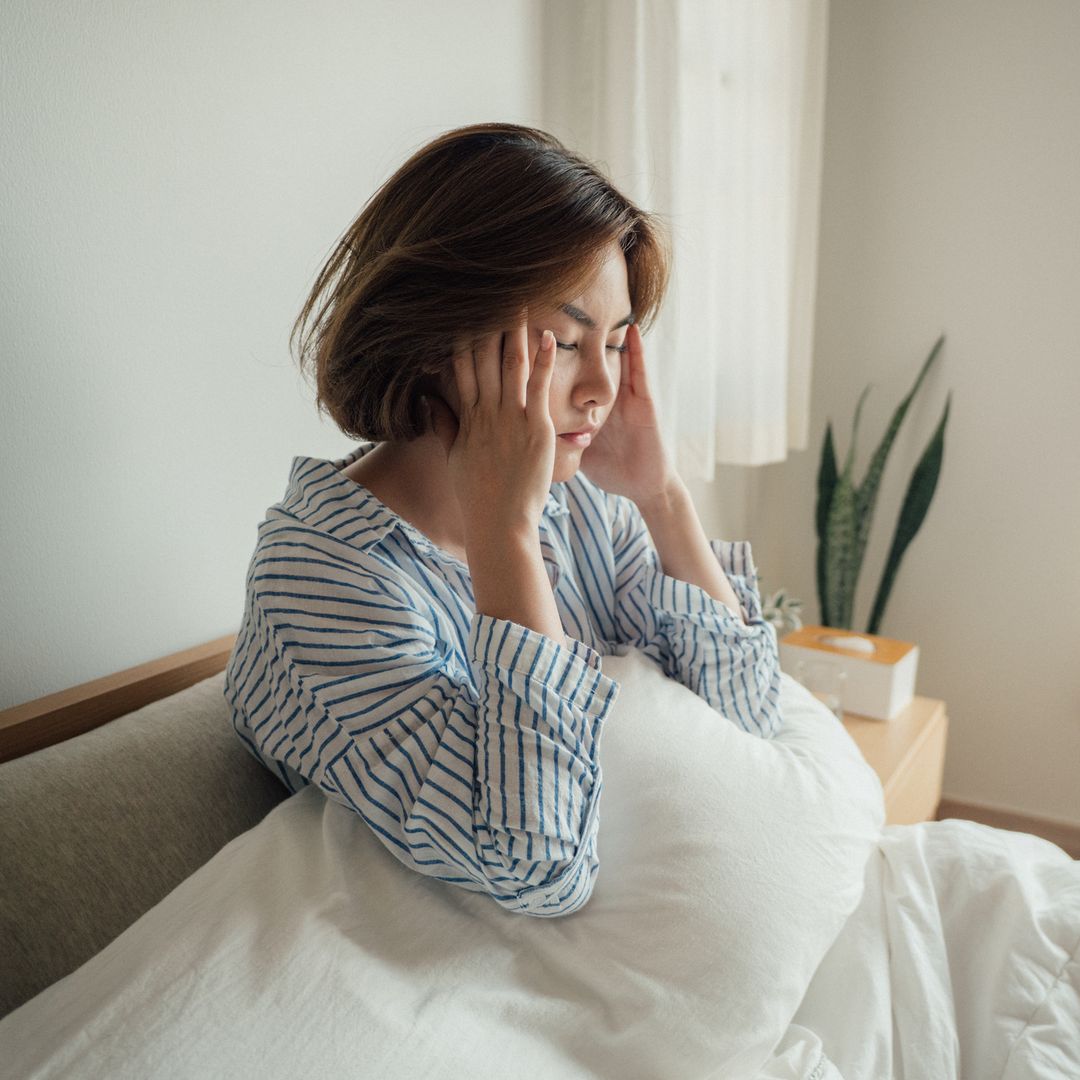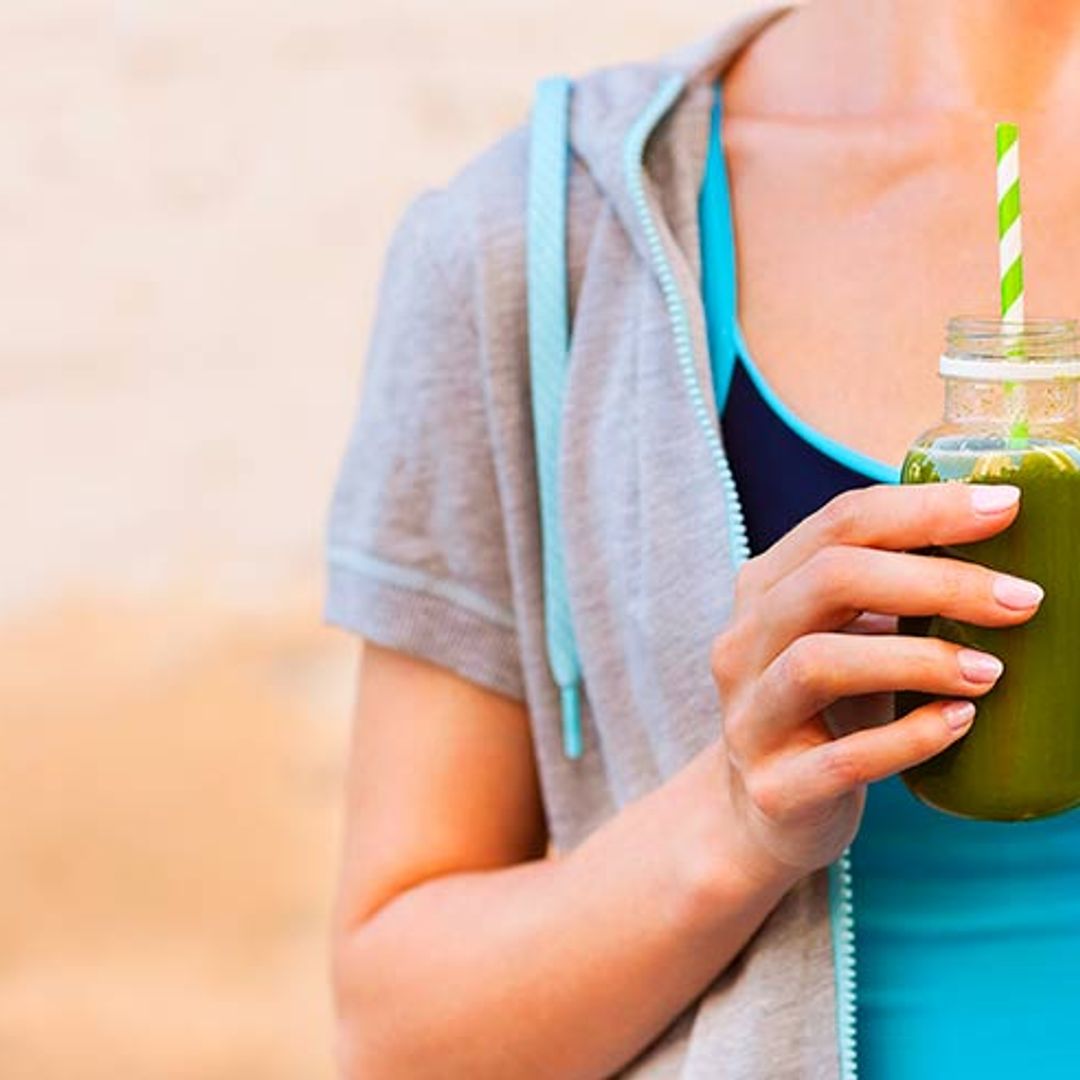There are currently a number of stories circulating online about the coronavirus and ibuprofen, and whether or not it should be taken to help alleviate symptoms. With so much speculation doing the rounds, HELLO! Online spoke to former royal family doctor Anna Hemming to help separate the fact from the fiction.
Video: Coronavirus: The effects on the body
"I think you just have to think very carefully about what's out there in the media at the moment," Anna told HELLO!. "We know there have been some fake claims. Ibuprofen is really effective in bringing down temperatures, so is Calpol and paracetamol. What ibuprofen can do to some people – so for example I think about five per cent of asthmatic patients can't take the ibuprofen family of anti-inflammatories because it exasperates respiratory stress. There are patients in the population anyway that we know can't take ibuprofen because it will make them have shortness of breath and the COVID-19 virus acts on the lungs, it's causing lung irritation. So I think basically don't take if you have asthma or underlying breathing problems," she concluded.
MORE: Eamonn Holmes reveals his surprising coronavirus struggle
Watch: How to manage coronavirus anxiety
The latest advice from the NHS states that there is "no strong evidence that ibuprofen can make coronavirus worse". "But until we have more information, take paracetamol to treat the symptoms of coronavirus, unless your doctor has told you paracetamol is not suitable for you. If you are already taking ibuprofen or another non-steroidal anti-inflammatory (NSAID) on the advice of a doctor, do not stop taking it without checking first."
MORE: Buckingham Palace releases update on the Queen following coronavirus pandemic
The NHS has also offered advice to those self-isolating at home...
Do…
- try to keep at least 2 metres (3 steps) from other people in your home, particularly people over 70, or those with long-term health conditions
- ask friends, family and delivery services to deliver things like food shopping and medicines but leave them outside
- sleep alone, if possible
- regularly wash your hands with soap and warm water for at least 20 seconds
- drink plenty of water and take paracetamol to help with your symptoms
Don't…
- have visitors (ask people to leave deliveries outside)
- leave your home, for example to go for a walk, to school or to public places
Anna Hemming is a trained GP and is now currently working at the Cranley Clinic.









